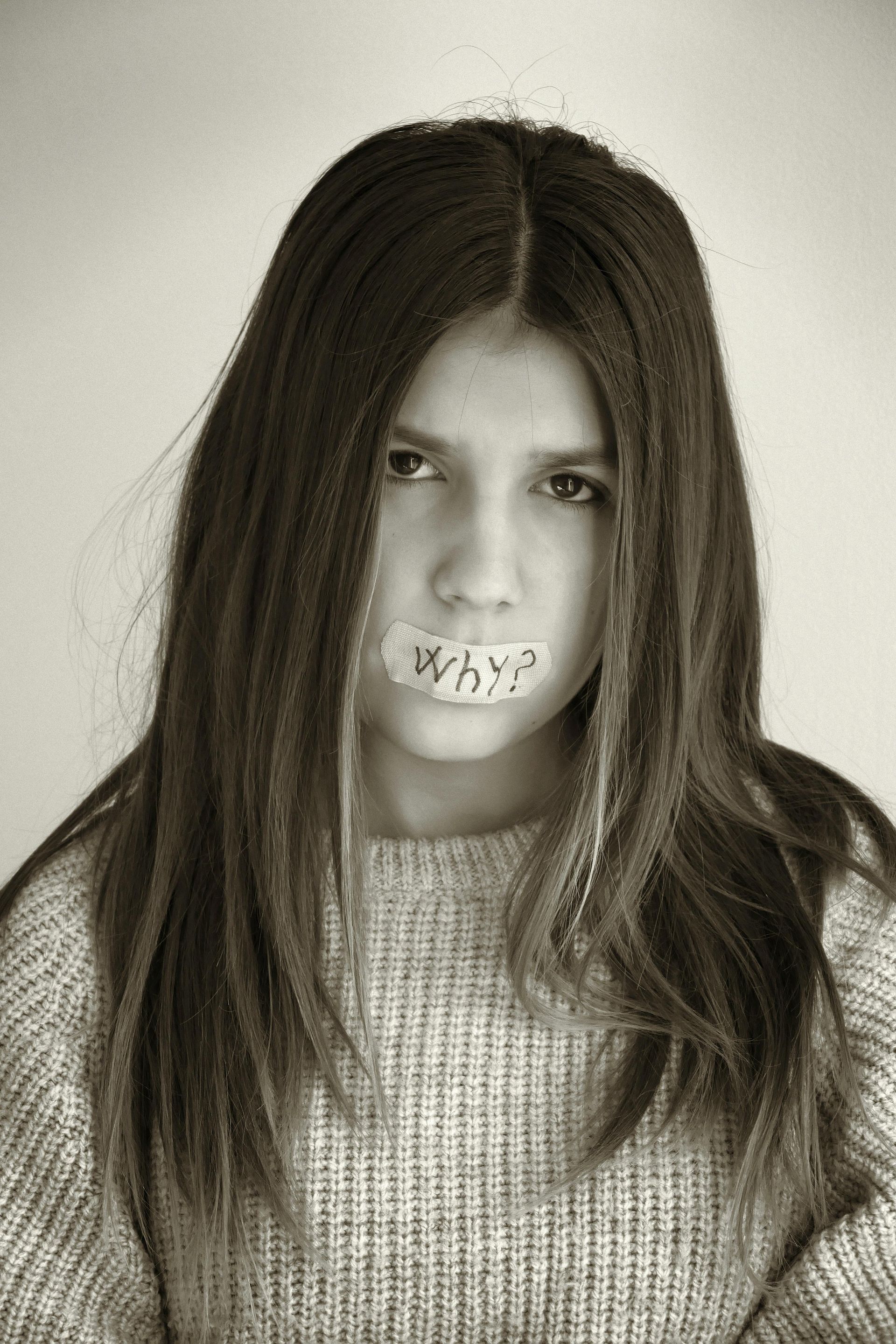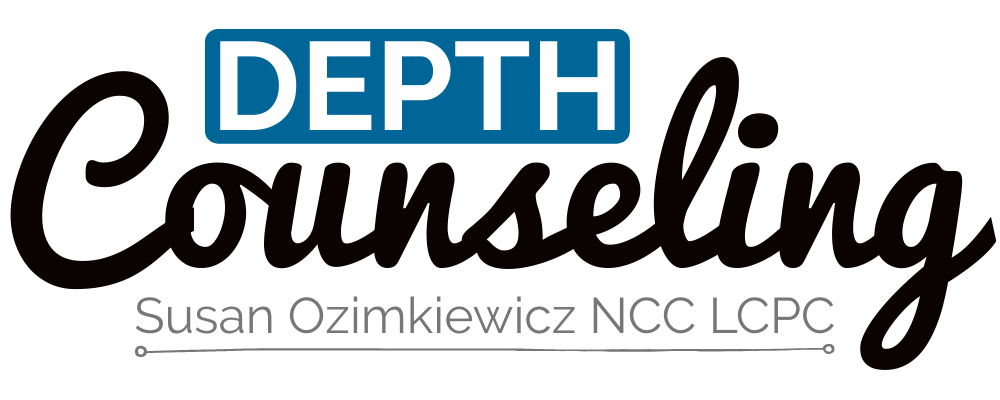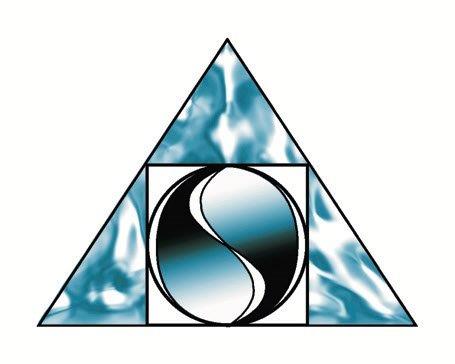Guilt Pangs
“The guilty think all talk is of themselves.” − Chaucer
All you can think about is yourself when you feel guilty. I have seen many of my clients suffer from guilt pangs. Some people that I have worked with have taken a journey through a long self-imposed guilt trip. Their self-reproach constantly reinforces many personal derogatory feelings. They will often say to me, “If I give up my guilt, I might do that thing again; I need it as a reminder.” At various times, you can be aware that these disparaging and self-deprecating feelings of guilt are the experience of an actual self-attack. When you feel those sinking, cringing, and constricting feelings, you are attacking your personal beingness, beating yourself up. The judgment has been self-imposed that it is their individual culpability. It is all their own faults.
Personal blemishes, and a sense of critical imperfection are components of guilt. When you find fault with yourself and question who you are all the time that attitude produces a guilty self-condemnation. This self-attack dynamic over time can produce many auto-immune type disorders. Guilt’s opposite is blame. It is blame that is projected onto another person. The finger is pointed at another that holds them accountable and responsible for one’s seemingly blamable feelings. A guilt complex can contain a feeling of humiliation, embarrassment, and guilty conscience along with that accompanying, sinking, cringing feeling of shame.
It is all the constant critical thoughts, reflections over personal behavior, regrets, and repetitive ruminations, circular thinking loops that produce the shameful guilty feelings. When you dwell on your sense of individual guilt, over long periods of time, self-destructive patterns can emerge with self-sabotaging behaviors. Then life avoidance happens or you can overcompensate. The most intense shame filled guilty feelings may lead to self-hatred, even internalized homicide. This is a way of killing yourself slowly. For example, using drugs (drug overdose), alcohol (alcoholism), smoking (coffin nails), and any other risky behaviors that can threaten your life. The reoccurring guilty sense of yourself occurs when your thoughts contaminate and infect all of your other feelings too.
Release And Let It Go
Guilt helps you to grow and learn as well. Change your thoughts and change your mind about your guilt and yourself with self-understanding. Initially, it may seem nearly impossible to let go of your guilty feelings because guilt ties you to your past. Guilt is only about your past. It is not about the future or the present. It happens in the present when you call forth the past up, once again, into conscious awareness. Again, these shameful and guilt feelings are self-induced through self-judgment. I am not talking about experiencing a guilty conscience when you have hurt another or said the wrong thing to someone. This type of feeling guides you and helps to establish a right behavior with another person or to make amends. It is the releasing of the pervasive infected feelings of deep shame, unworthiness of life, or even a desire to do away with yourself.
1. First, you have to examine what type of guilt you experience. Is it an all-consuming life shame and guilt as if you were born with it? I have had clients who have said to me that they have felt guilty since the day they were born. They feel guilty just for being alive. A real feeling of not being good enough, worthlessness or is it a normal guilty conscience letting you know you made an error such as knowing that you binged on two large bags of potato chips, and you know that was bad for you.
2. How does your guilt serve you or what is its purpose for you? How does it keep you from living the life you really want to have and is meant for you? Normal guilt feelings are released when you have apologized or made amends to someone for your bad, thoughtless or rude behavior. Then you feel liberated again and not bound to your guilt because your apology has set you free. Does your guilt help you avoid your life and keep you in hiding with a feeling invisibility? Do you experience anxiety about being seen or recognized by others by others?
3. For deep guilt, self-forgiveness is the requirement. When you forgive yourself, you immediately let go of that sinking, cringing feeling then you are set free. Many clients have said, “I don’t know how to do that.” It is through the process of self-understanding and reflection that generates personal insight and awareness whereby forgiveness can occur. There is a need to recognize that everyone errs or makes a regretful mistake from which you learn a valuable lesson. People are not perfect. They get it wrong, many times they go astray and blunder and slip up in their lives.
The hurtful and self-inflicted painful guilty feeling will begin to let up when you decide to stop self-condemnation. Every time you become aware that you are attacking yourself is when you can change your thoughts and replace it with something more life giving and empowering. Give up the guilt which holds onto the self-punishing judgment simply by changing your mind about yourself and begin to see yourself for real.
Guilt is the act of cutting off love from yourself. Releasing your guilt with understanding and forgiveness contributes toward what C. G. Jung called the process of individuation. This process brings the deepest levels of your being into greater conscious awareness, with an integration that leads to feeling complete and whole within yourself. Individuation includes self-acceptance and self-love.
“Guilt is anger directed at ourselves−at what we did or did not do.” −Peter McWillians
© Ozimkiewicz



Signup for Newsletters and Updates
Subscribe
Thanks for subscribing.
Oops, there was an error sending your message. Please try again later.
All Rights Reserved | Susan Ozimkiewicz NCC LCPC




